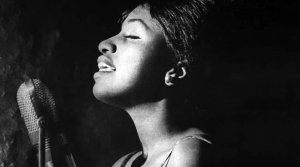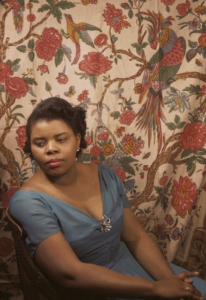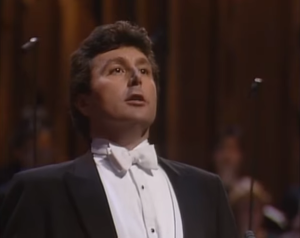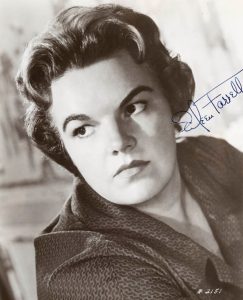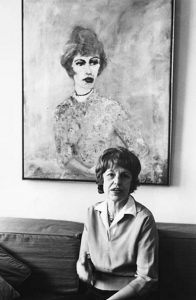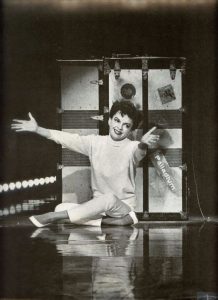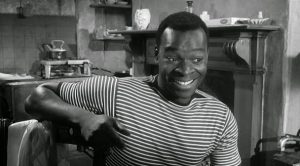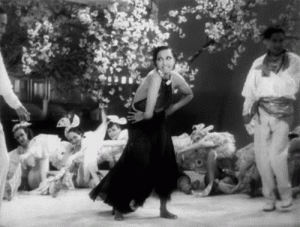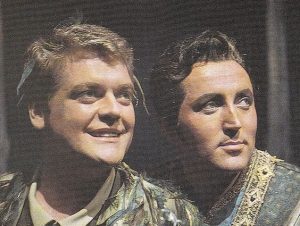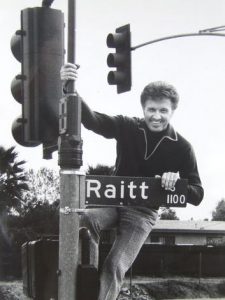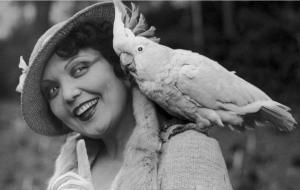Podcast: Play in new window | Download (Duration: 1:09:44 — 80.8MB) | Embed
Subscribe: Spotify | TuneIn | RSS | More
Today’s “Forgotten Diva” takes us outside of the realm of opera and into the rich musical field of jazz. I have been in musical heaven the past few days as I’ve been savoring the output of the great Ethel Ennis (28 November 1932 – 17 February 2019). In her native Baltimore she was known as the “First Lady of Jazz,” and while this might cause some persons to look askance at such a claim, I can only say that they have not yet sampled the vocal, musical and interpretive majesty that is Ethel Ennis! Because of her superlative gifts, worldwide fame kept nipping at her heels, and yet she had no interest in being “famous.” She just wanted to make music, and that’s exactly what she did, remaining in the city of her birth, where she performed regularly at certain clubs, including one she and her husband Earl Arnett ran in the 1980s called “Ethel’s Place.” She had recording contracts with both Capitol Records and RCA, for whom she released some monumental albums in the 1950s and 1960s, and later in her career, as her artistry become more refined, burnished, and inward-looking, she also recorded a number of spectacular live recordings on small, independent labels. Recordings sampled on this episode cover the musical gamut from the Great American Songbook to quirky non-standards, to contemporary pop. If you hear Ethel Ennis interpret just one song, I predict that you will become an immediate fan for life.
Countermelody is a podcast devoted to the glory and the power of the human voice raised in song. Singer and vocal aficionado Daniel Gundlach explores great singers of the past and present focusing in particular on those who are less well-remembered today than they should be. Daniel’s lifetime in music as a professional countertenor, pianist, vocal coach, voice teacher, and journalist yields an exciting array of anecdotes, impressions, and “inside stories.” At Countermelody’s core is the celebration of great singers of all stripes, their instruments, and the connection they make to the words they sing. By clicking on the following link (https://linktr.ee/CountermelodyPodcast) you can find the dedicated Countermelody website which contains additional content including artist photos and episode setlists. The link will also take you to Countermelody’s Patreon page, where you can pledge your monthly support at whatever level you can afford.
